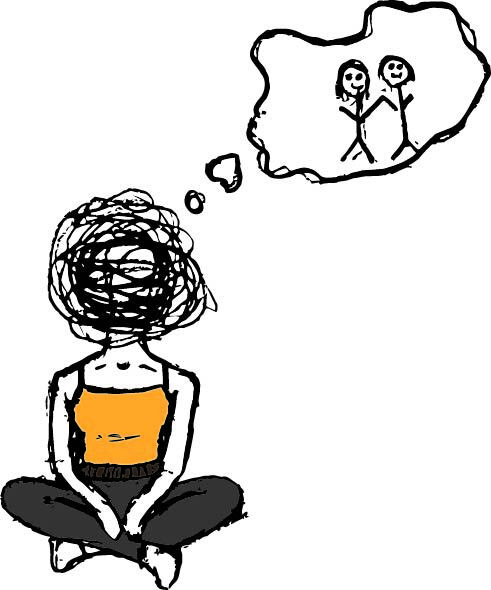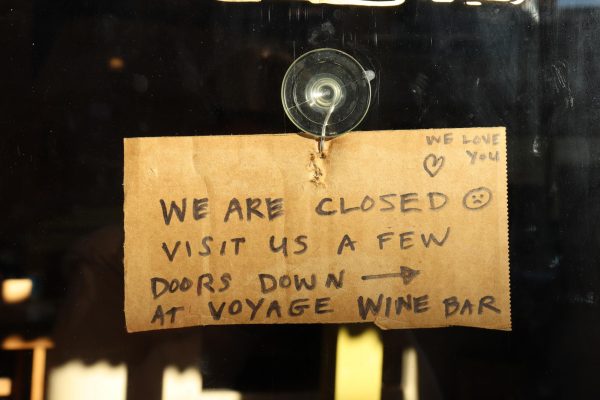Teenage mental health declines during COVID-19 isolation

Teenage girl facing a decline in mental health when going through isolation.
In order to stay safe during the COVID-19 pandemic, teenagers began distance learning from their homes. During this time, teenage suicide attempts and depression numbers rose greatly, reflecting a greater issue of teenage mental health deteriorating during the lockdown.
According to ScienceAlert, socially isolated teens are less able to deal with stressful situations and often do not interact well with others. Ryan Parker, clinical director and family and marriage psychologist at Seneca Family of Agencies, said that teens’ social influences, such as family and friends, are one of the leading causes of mental health issues in teens.
“Especially around the teenage years, and through identity development, a sense of belonging is so huge,” Parker said. “So youth that are isolated or experience isolation often tend to be at risk of depression.”
Between February and March 2021, teenage girls’ suicide attempt rates increased by 51 percent and boys’ increased by 4 percent. According to Parker, much of how teenagers think about themselves is determined by their relationships with others. With social isolation during COVID-19, however, teenagers faced increased difficulty with anxiety and depression due to restrictions on physical relationships.
“Because we often look at others to reflect how we’re doing or conform to how we’re doing, without that sort of social connection, it could have an impact on some folks that push them towards self doubt or low self esteem,” Parker said.
AWHS counselor Molly Baker, who helps students cope with school and personal anxieties, also believes that students’ mental health issues have worsened due to social isolation during COVID-19.
“COVID-19 brought a lot of social isolation and with that I think it really increased a lot of our mental health issues that we have had amongst students, we are definitely seeing more anxiety than we have in the past and depression as well,” Baker said.
AWHS freshman Ashira Kim’Price said that the main causes for her mental health struggles originate from academic stress and typical worries that come with being a teenager.
“I’m just an adolescent in today’s world, and that means pressure. That means anxiety to perform in class, to outperform your parents in an academic standpoint” Ashira said “I’d say also right now, as a woman, I feel a lot of stress to look a certain way, to dress a certain way, relationships with food and stuff.”
Ashira also said that the isolation caused her to feel guilty because some students had “more difficult” experiences than her own.
“I feel very guilty for feeling sad in times of COVID-19, or feeling lonely and isolated, because you know, of course it was a good thing [to stay indoors to keep people safe], other people were dying. So I felt bad talking about how COVID-19 was challenging for me, because I knew so many other families were struggling,” Ashira said.
Ashira’s experience staying safe during COVID-19 and being away from her friends was difficult. She believes communication is important in today’s teenage world, but nothing compares to the connections people make when in-person.
“And connecting over phone, while I think it is amazing and really important, it’s just not the same, because it really leaves a lot of time for anxiety and people who already had mental health struggles, when they went and did quarantine and stuff, it was really unhealthy for them,” Ashira said.
Counselors and psychologists hope that the trend of declining teenage mental health will cease as the year progresses and students return to in-person school.
National Suicide Prevention Hotline: 800-273-8255.

Neve is a sophomore, in her second year of journalism. She loves water and nature, reading, and hanging out with friends. You can find Neve in her room...






